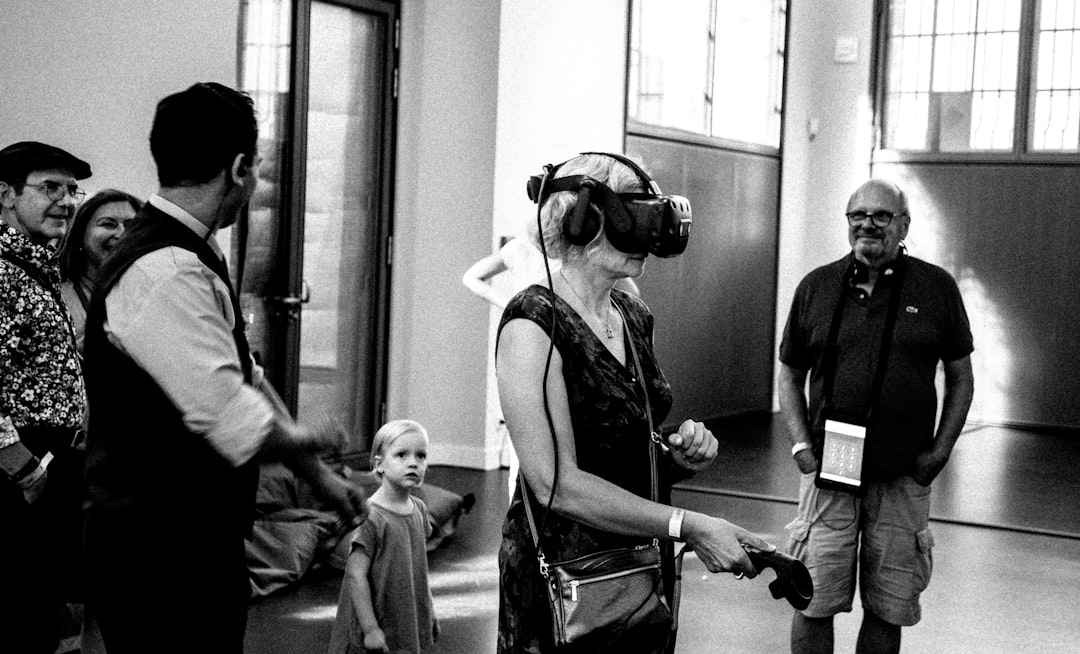Technology has undoubtedly revolutionized the way we live, work, and play. From the moment we wake up to the time we go to bed, technology surrounds us and influences almost every aspect of our daily routines. Whether we realize it or not, we are constantly interacting with technology and reaping its benefits.
One of the most noticeable changes technology has brought about is in the realm of communication. The smartphones we carry in our pockets have transformed the way we connect with others. From voice calls to video chats, instant messaging to social media, we now have countless ways to stay in touch with friends, family, and colleagues, regardless of distance. Technology has bridged the gaps and brought people closer together.
As we navigate the professional landscape, technology continues to shape the way we work. The days of traditional office setups are rapidly disappearing, with remote work becoming the norm. Thanks to advancements in technology, we can now collaborate with colleagues from different parts of the world, share documents in real-time, and attend meetings without physically being present. This flexibility has not only boosted productivity but also allowed us to achieve a better work-life balance.
Education has also witnessed a massive transformation due to technology. Traditional classrooms have evolved into virtual learning environments, with online courses and e-learning platforms becoming increasingly popular. Students now have access to a vast amount of information at their fingertips. They can learn at their own pace, personalize their learning experience, and even gain certifications or degrees remotely. Technology has democratized education, making it accessible to people from all walks of life.
In the realm of entertainment, technology has introduced us to a whole new world of possibilities. Streaming services such as Netflix, Spotify, and YouTube have revolutionized how we consume movies, music, and videos. We no longer need to rely on physical media or scheduled TV programming. With just a few clicks, we can access a vast array of content tailored to our preferences, anytime and anywhere. Additionally, virtual reality and augmented reality technologies have opened up immersive gaming experiences that were once unimaginable.
While the benefits of technology are undeniable, it’s essential to acknowledge the challenges that arise from this digital era. The rapid pace of technological advancements often leaves some individuals behind, creating a digital divide. Access to technology and digital literacy can determine one’s opportunities and quality of life. It is crucial for society to address these disparities and ensure equitable access to technology for all.
Furthermore, as our reliance on technology deepens, concerns about privacy and security become increasingly pertinent. With every online transaction, social media post, or application we use, we leave behind digital footprints that can be exploited. Safeguarding personal data and staying vigilant against cyber threats should be a top priority for individuals and organizations alike.
In conclusion, technology has become an integral part of our lives, significantly impacting communication, work, education, and entertainment. It has brought people closer together, revolutionized the way we work, made education more accessible, and opened up new avenues of entertainment. However, it is crucial to address the challenges that come with this ever-expanding digital landscape, such as the digital divide and concerns about privacy and security. As we navigate this technology-driven world, striking a balance between embracing innovation and safeguarding our well-being is of utmost importance.





